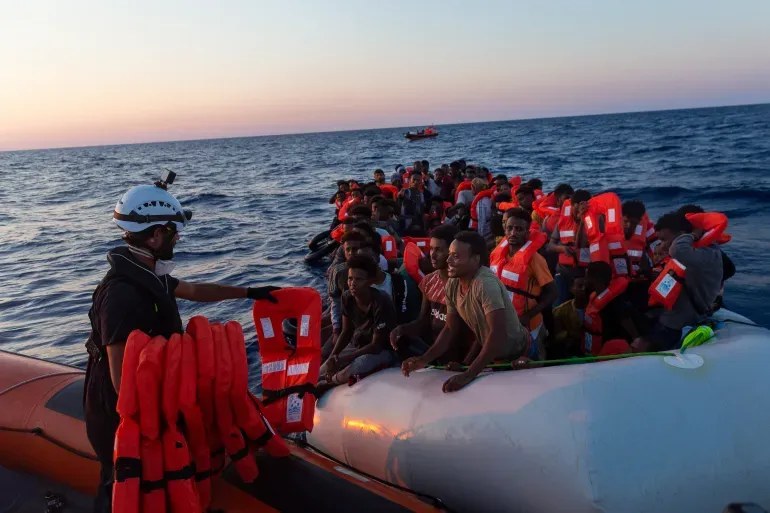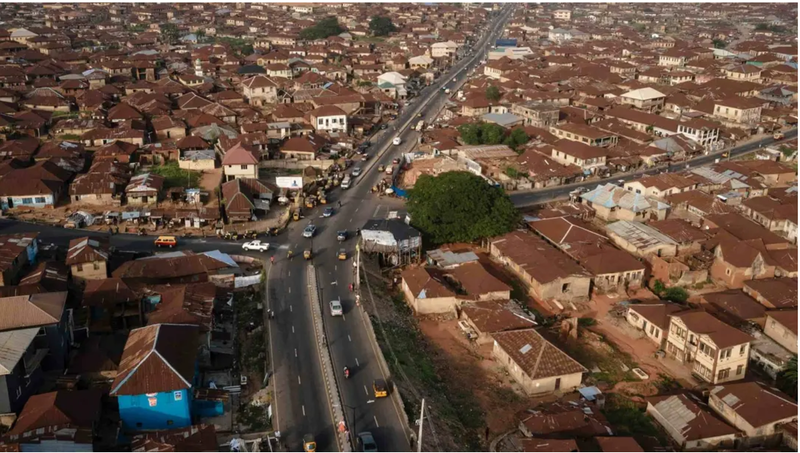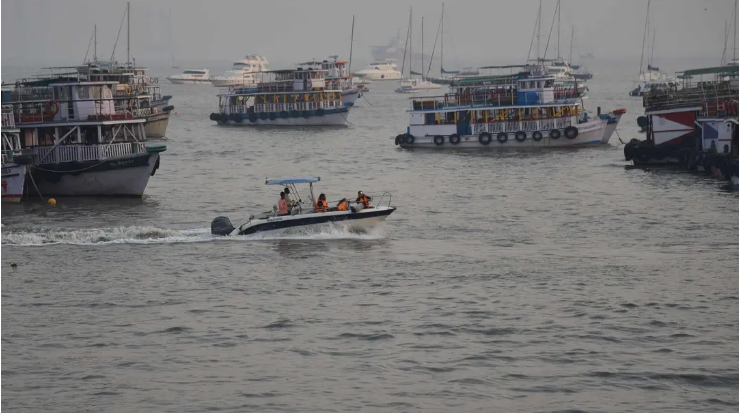Italy, Libya Renew Migration Pact; Spark Criticism
The Memorandum of Understanding on Migration between Italy and Libya — originally signed in 2017 to give Libya financial and technical support to "combat illegal immigration" — was automatically renewed for a second time on Thursday, sparking criticisms from humanitarian organizations.

Facts
- The Memorandum of Understanding on Migration between Italy and Libya — originally signed in 2017 to give Libya financial and technical support to "combat illegal immigration" — was automatically renewed for a second time on Thursday, sparking criticisms from humanitarian organizations.
- In the lead-up to the renewal, Human Rights Watch (HRW) on Wednesday accused Italy and the EU of being complicit in serious human rights violations, citing a June 2022 UN report that claims that migrants sent back to Libya faced "inhumane acts," such as murder, torture, and enslavement.
- The EU has handed over €57.2M ($62.8M) for integrated border and migration management in Libya since 2017, with its border agency Frontex providing surveillance information. Italy's PM Giorgia Meloni vowed last month to provide Libya's coast guard with five "fully equipped boats."
- HRW says that Italy and other EU member states are responsible for the return of some 108K people to Libya since 2017, only 9k of which, it says, have been evacuated by the UN High Commissioner for Refugees. Meanwhile, Italy and the EU have maintained that the actions are required to prevent illegal immigration.
- This comes as the pan-European human rights watchdog Council of Europe has asked Italy to scrap a new decree that orders charity-run ships to request a port and sail to it "without delay" after a rescue rather than remain at sea looking for other migrant boats in distress.
- Italy is facing a surge in migrant arrivals from North Africa, receiving over 105K people by sea last year – up from some 67K in 2021 and 34K in 2020 – according to official data. The UN estimates that almost 1.4K migrants died while trying to cross the central Mediterranean in 2022.
Sources: Al Jazeera, Human Rights Watch, and Reuters.
Narratives
- Left narrative, as provided by Amnesty International. Thanks to the anti-immigrant beliefs of Italian leadership, tens of thousands of asylum seekers have been intercepted at sea and forced back to Libya, where they face unimaginable atrocities. If Italy wants to work with Libya, it should amend the agreement to include releasing migrants from detention centers and ensuring they can safely arrive in Europe.
- Right narrative, as provided by Atlantic Sentinal. Though some in the EU leadership don't acknowledge it, there are dozens of individual countries within the bloc, each of which has its own right to border protection. If Italy wants to enact stricter illegal immigration laws, it should be allowed to allocate more resources toward that goal. And if other countries wish to open their doors, they should be given the resources to do so. Europe is facing an unprecedented immigration crisis — as not all are refugees — and it calls for real solutions, not empty virtue signaling.
- Cynical narrative, as provided by The Standard. While all eyes are now on Italy, the West, with its neocolonial policies and imperial logic, is itself responsible for the ongoing migration and refugee crisis and the rise of populist and right-wing governments in Europe, such as that of Giorgia Meloni in Italy. It must not be ignored that, ultimately, it was NATO's "humanitarian intervention" that destroyed Libya and opened Pandora's box.






